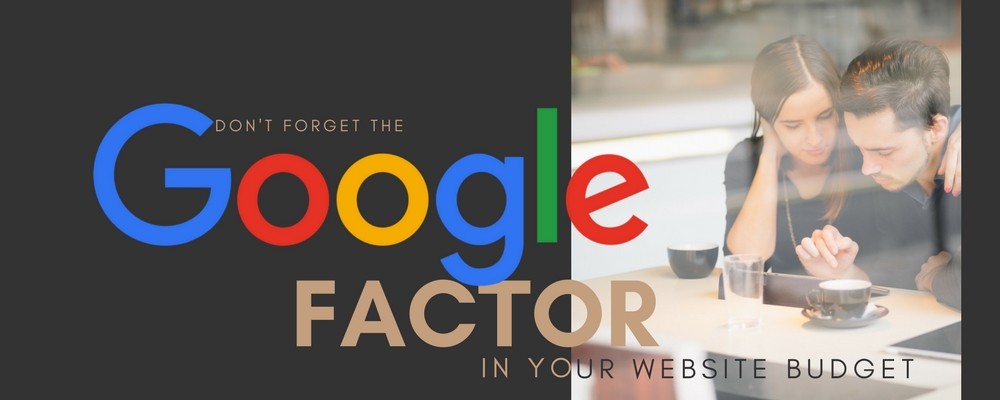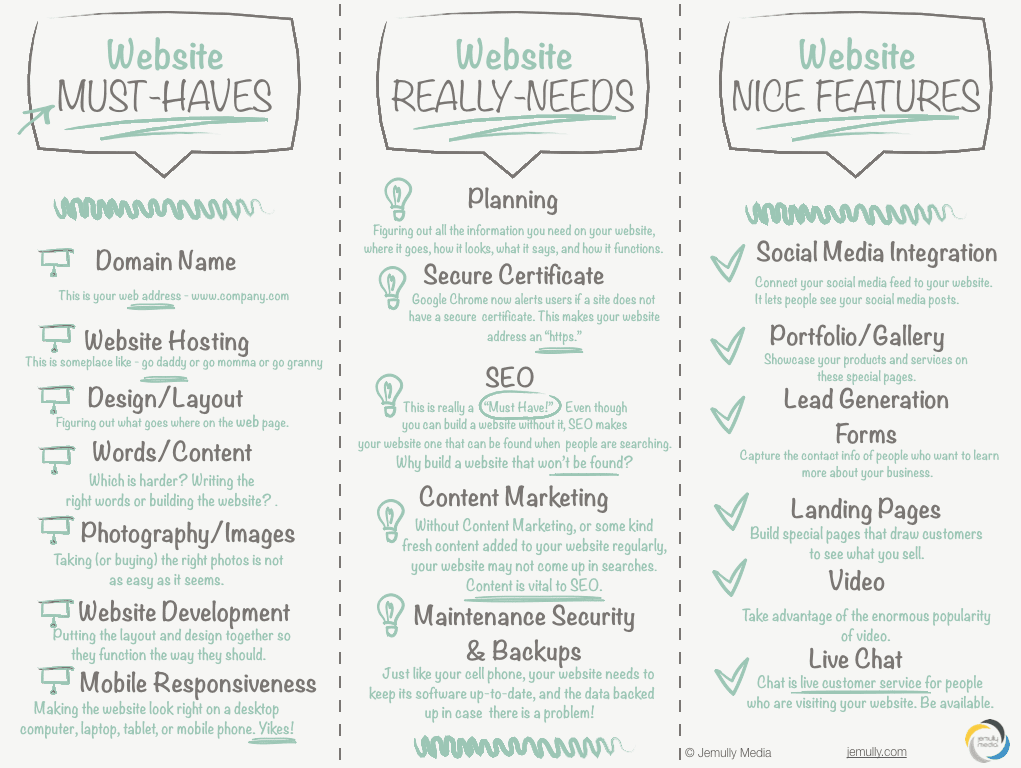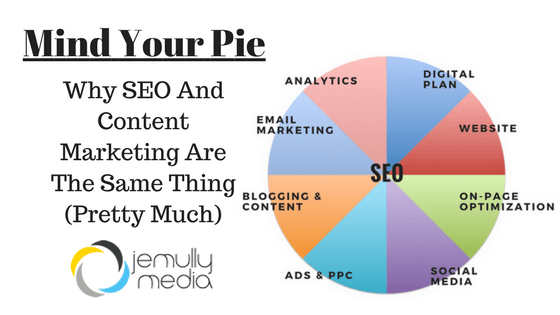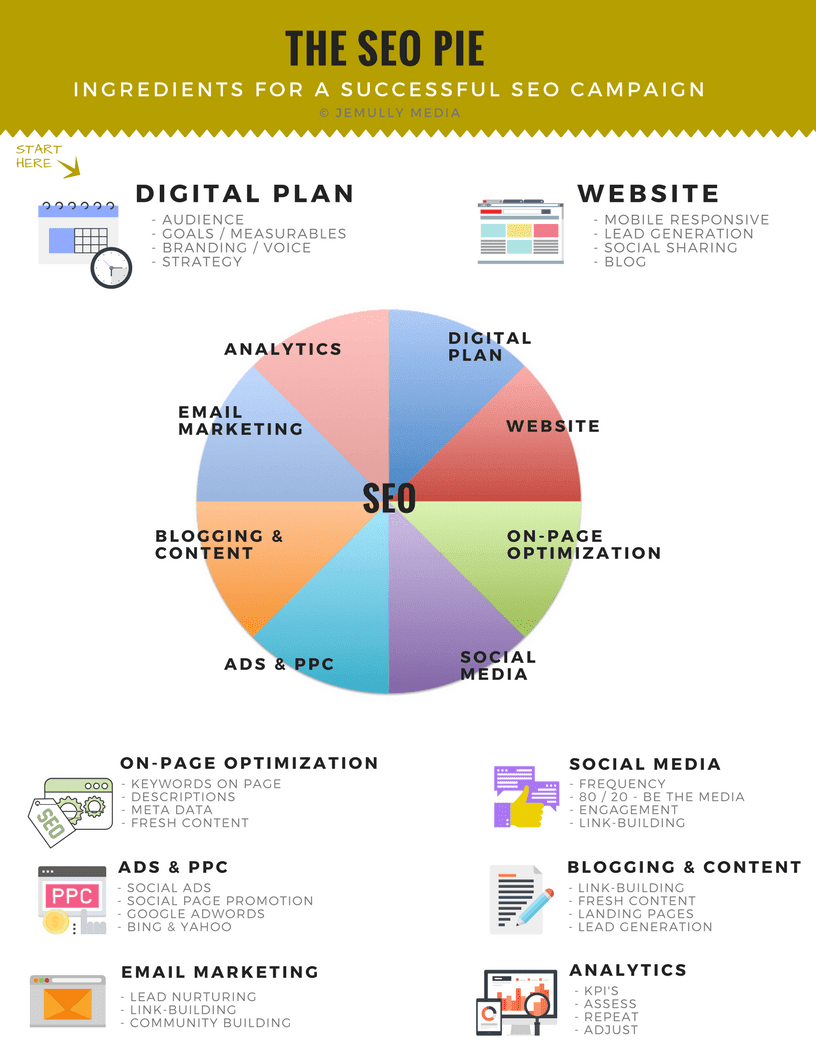Search engines are constantly evolving, which means optimizing for them is always in a state of flux. This article amounts to a best practices guide to SEO for 2018. Read on for our SEO Do’s and Don’ts, and be on your way to glorious SERP performance.
DO
Test Your Search Performance On Multiple Devices
Searchers use many different devices to find our websites, and different browsers on different devices can yield different results. Each business will have it’s own distribution of referrals, but it’s always a good idea to check your search performance for your top keywords on multiple devices to make sure devoted users of specific devices aren’t missing out on your content.
Optimize For Your Target Market
“Know your target market,” an oldie, but a goodie. Tailor your content and pick your keywords with your ideal target market in mind. Each demographic has characteristics that we need to be aware of as marketers. If you’re going after the college crowd, make sure your content and keywords are relevant to what’s on the typical student’s radar. Beyond the subject matter, do your homework so you can tap into the phraseology, language, and style of content that your target audience favors.
Strive For Content With Quality Editorial And Quality Structure
Quality content can mean a few different things. First, it definitely helps if your content is well-written, and capably edited. Finding an engaging tone can be even more important, still. Structure is another highly visible aspect of your content that can make or break you. For example, if your target market likes list-icles or infographics, then giving them the type of content they want can be just as important as how well it’s written. Put equal thought into all of the elements that make for quality content.
Craft A Frequently Asked Questions Page (FAQ)
If you have a business, then people probably ask you questions about it from time to time. Any question about your industry that you are sick of being asked in real life is probably the right kind of thing to provide on your FAQ page. These kinds of insights, basic as they might seem to the business owner, are the kinds of things that can build credibility and a sense of engagement in your web visitors. If you’re looking to take your FAQ game to the next level, try weaving your most important keywords into your questions and answers. Even if nobody’s actually asking these questions, FAQs can be the perfect devices for presenting your company’s unique qualities.
Optimize For SERP Feature Friendiness
Rich Snippets, Knowledge Panels, Featured Snippets, Answer Boxes; the list of features that a given SERP may incorporate is long. Optimizing various pieces of content throughout your site for an appropriate SERP feature can give you a boost to be displayed more prominently. Here is a quick guide that can get you started.
Link Your Social Efforts To Your Website
At Jemully, we treat a client’s website as the primary hub of their digital presence. Social media is also extremely important, but it should serve the purpose of promoting your website, which is the best platform for fully leveraging your brand. Another way to think about a website is like a city, which makes various social sites the outlying smaller towns and suburbs. The city will always have the most roads leading in and out. The smaller towns will have some, but these roads ultimately lead to the city. The “roads in and out” concept, or links, is an indicator of the size and influence of a site. Ensuring that your website is your greatest presence, and directing searchers to it from other platforms will increase the profile and visibility of your site over time.
Know Your SEO Tools
There are a lot of great free SEO tools out there. They can help you up your game whether you are a neophyte or a seasoned pro. I’ve been writing about SEO for a few years now, and hadn’t even heard of these, but they’re worth checking out for those needing a boost.
- answerthepublic.com (content idea generator)
- Link Assist (keyword assistance)
- TF-IDF tool (Term Frequency-Inverse Document Frequency)
- Various website auditor tools
Hone Your PR Game
This one takes some expertise, but is well worth doing if you can manage it. Searchers do not always want branded content, but companies (or experts, preferably) can insert themselves into a farther reaching context through public relations initiatives. Is there a trend sweeping your industry? Is there regional, national, or even global issue that pertains to your expertise? Finding a way to put your company in a larger context, and even juxtaposing your comments with those of other recognizable experts, is a neat way to puff up your brand in a way that is not strictly self-serving. This tip is more of an advanced content marketing strategy than an SEO hack, but if done well, it can put you in front of more eyes.
DON’T
Neglect Your Metadata
Headings. Alt tags. Custom URLs. Snippets. All the little things we pay attention to when entering content into our CMS that generally go unseen by the end-readers. Unseen by them, maybe, but most definitely seen by Google (or your search engine of choice). Mind your metadata.
Forget About Voice Search
As searchers continue to use voice commands on their phones, and as smart speakers find their way into a greater number of households, voice search is becoming less of a novelty, and more of the way things are done. Anecdotal evidence suggests that younger audiences, ones who have grown up with voice-tech, are using more naturalistic and conversational search terms. Keep this trend in mind, and as always, know your target market when optimizing.
Test queries and keywords using as many different technologies as you have access to. Keeping an eye on the differing results from device to device will lend additional perspective. And remember:
- Google Home uses Google data
- Siri uses Bing data
- Alexa uses Bing and Amazon data
Only Target The Keywords You Aspire To
Sure, every company wants to be at the top of their search-engine results page (SERP), but that’s not always realistic. The more competitive your field, the harder it is to conquer the search results. If you are struggling, it’s OK! Start smaller by making sure you at least own the SERPs for keywords that are specifically relevant to your individual company. Make sure you dominate searches for your company name, and maybe even searches for your industry plus your city. Start small, carve out your niche, and with strong content marketing, you can make a dent in the broader SERPS in time.
Create A Keyword-Optimized Page And Call It A Day
While each page on your site should be optimized for its own unique keyword, one page is not generally going to be enough for Google to create a strong association between your site and that word. It sounds like a catch-22, but think about it like this: you must convince Google that your site is relevant to a particular keyword. A single content-rich page devoted to a key word is a nice start, but if you only mention that keyword on that one page, then that’s not going to be enough to convince Google. Think of a keyword-devoted page as that keyword’s house. That keyword is still going to want to hang out with other keywords. Each keyword has its own “house,” but that doesn’t mean they can’t visit another keyword’s house. Intermingling a keyword throughout your site will help demonstrate that the keyword in question is of integral value to the site, and vice versa. Make sure all of your best keywords have their own house, but let them visit their friends too.
Forget That Different SERPs Have Different Quirks
Some highly contested SERPs feature paid ads, others don’t. Some have a fancy knowledge panel on the right hand side. Some have space reserved for e-shopping listings. There are many variations, and recognizing the features that pop up on your desired SERPs can lend insight into the type of content that can improve your standing, and maybe even reveal some opportunities.
Let Your Page Load Time Creep Too High
“Three seconds or bust!” is a guideline offered by many SEO websites as a maximum page load time. If you page takes longer than three seconds to load, it might seriously hinder your SERP performance. Whether it is a major ranking factor for Google searches or not, think of it as a facet of UX (user experience). Slower sites are going to provide a less satisfying experience to searchers, which is something that Google ultimately does respond to. There are plenty of free tools (here is one from Google), so try a few of them out to be sure that you’re pages aren’t loading too slowly.
Scoff At Mobile-Friendliness
We’ve written several pieces about the importance of optimizing for mobile. You may read them here. Pertaining specifically to search, SERPs had, in the past, been organized and delivered based on the device used by the searcher. Mobile users would see results that were optimized for mobile, while desktop users would potentially see a less-filtered SERP. For more than a year, Google has switched to mobile-first indexing for ALL devices. Sites not optimized for mobile are still indexed, but if there is a mobile version of a site, then that is the one indexed. It’s just another indication of how search engine queries are handled. Mobile is important. It should be considered in all website matters.
Thanks to a number of great sources of SEO news and content including: Chief Content Officer, Search Engine Land.














